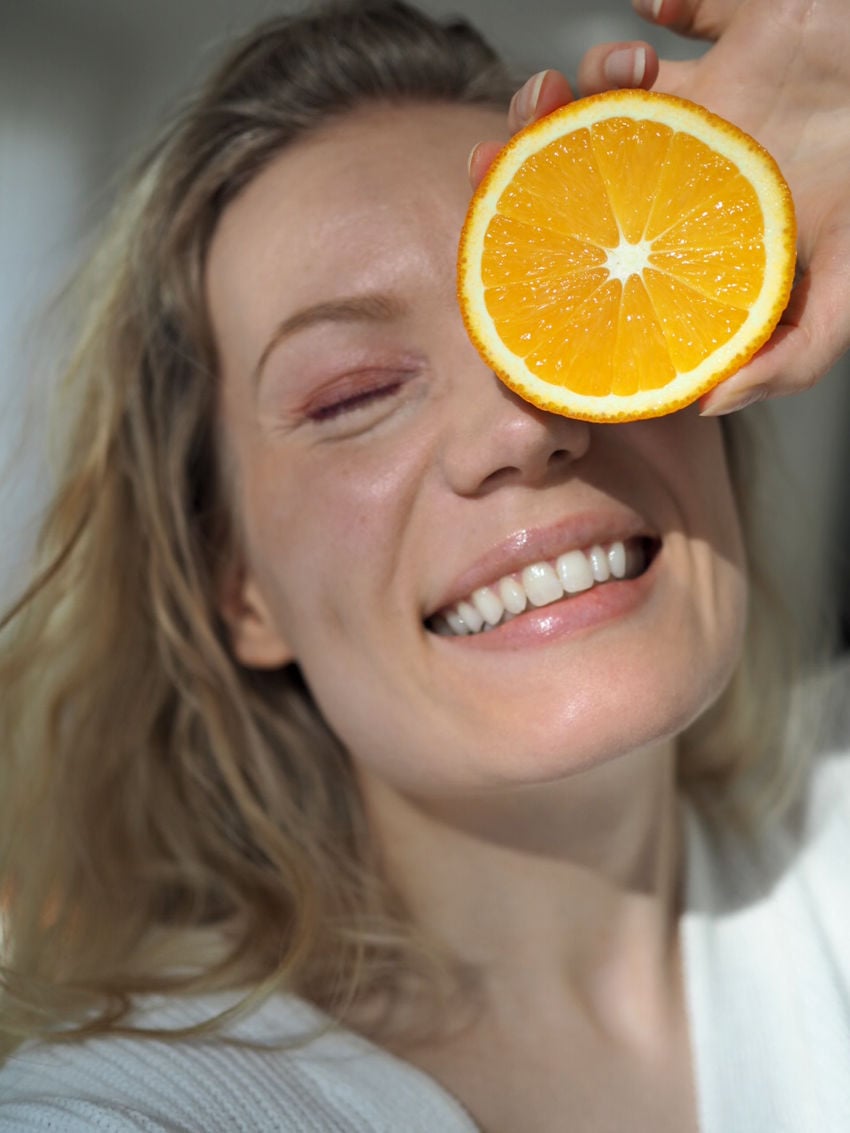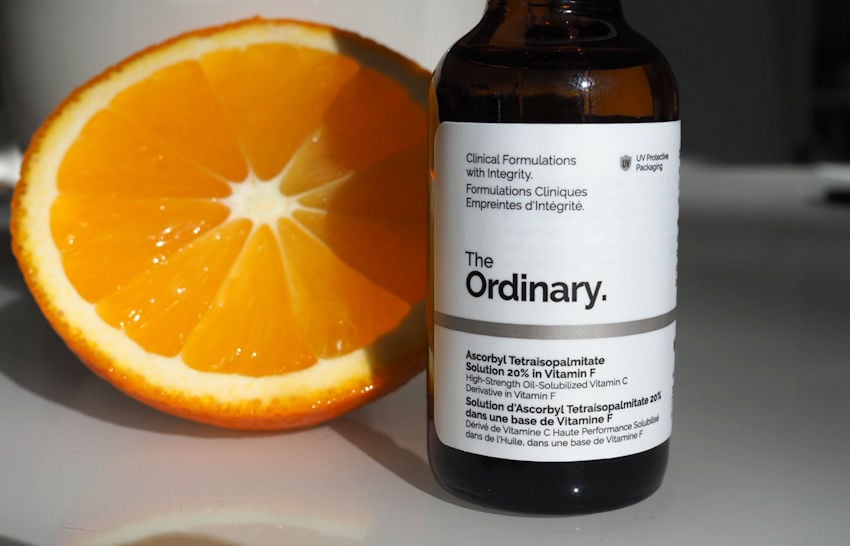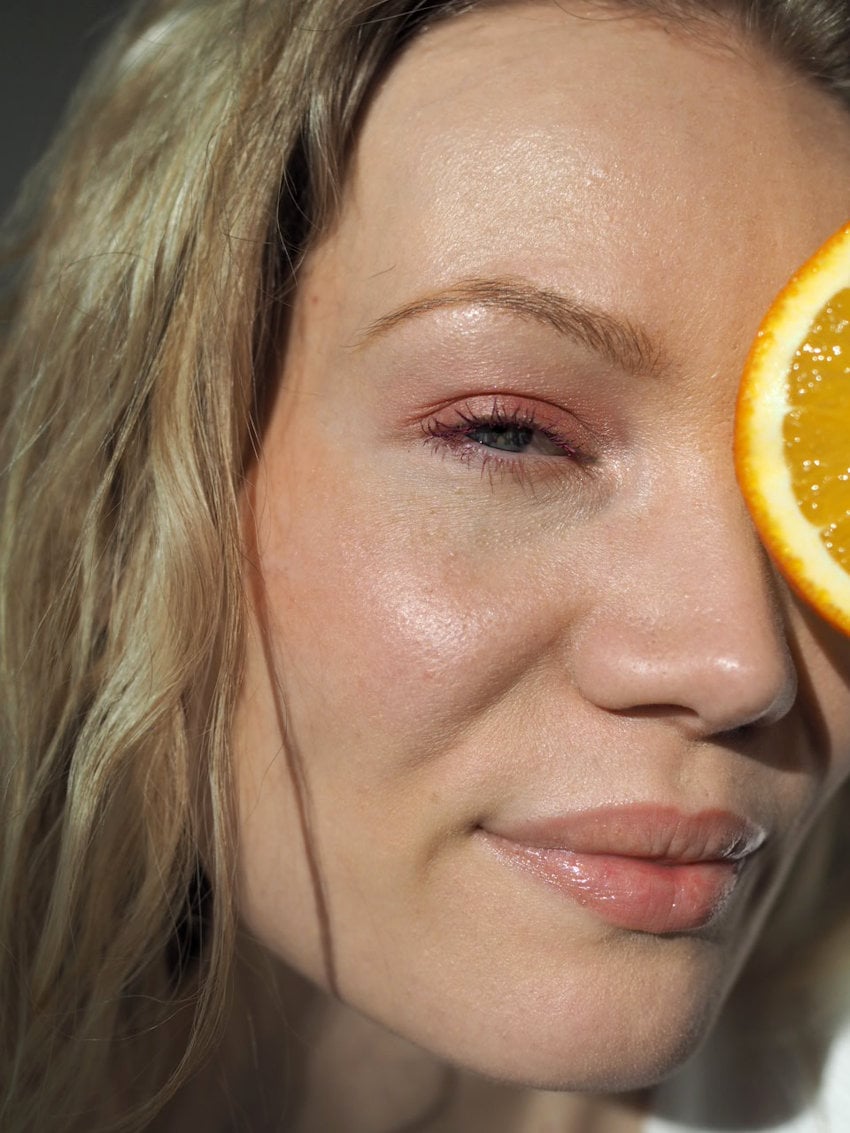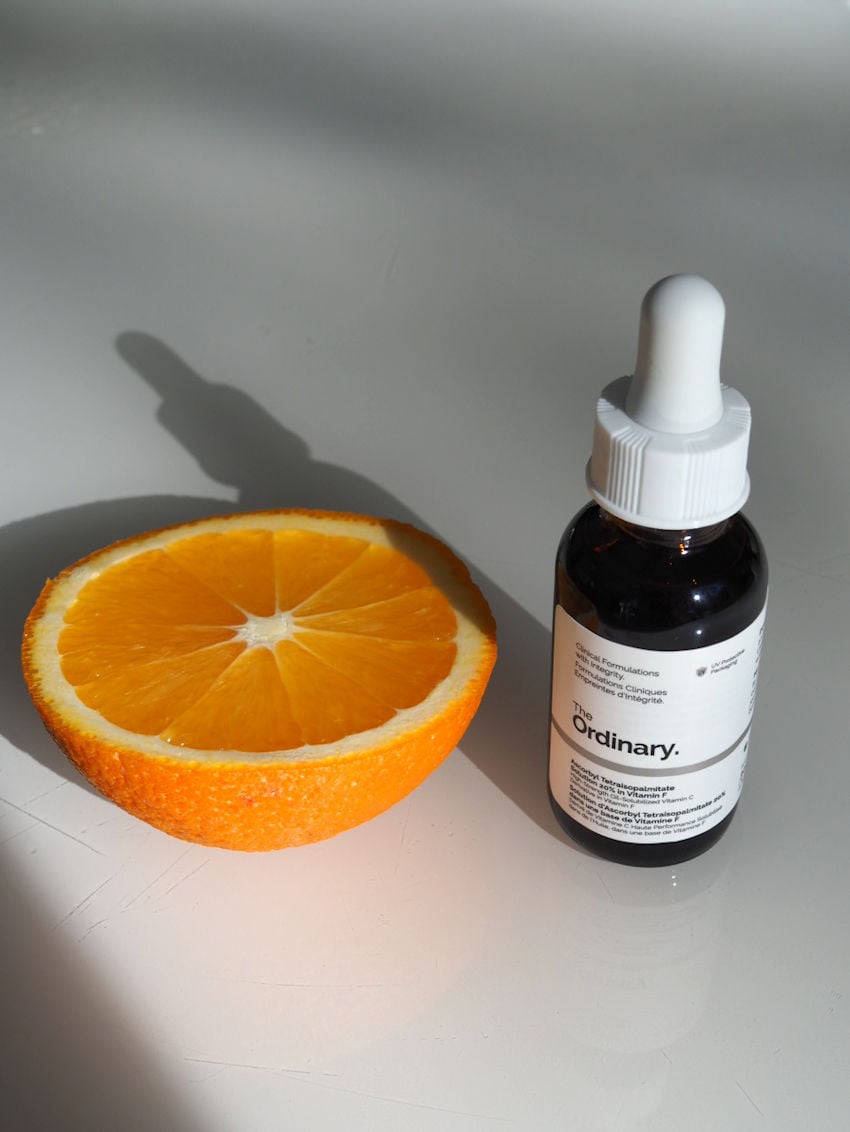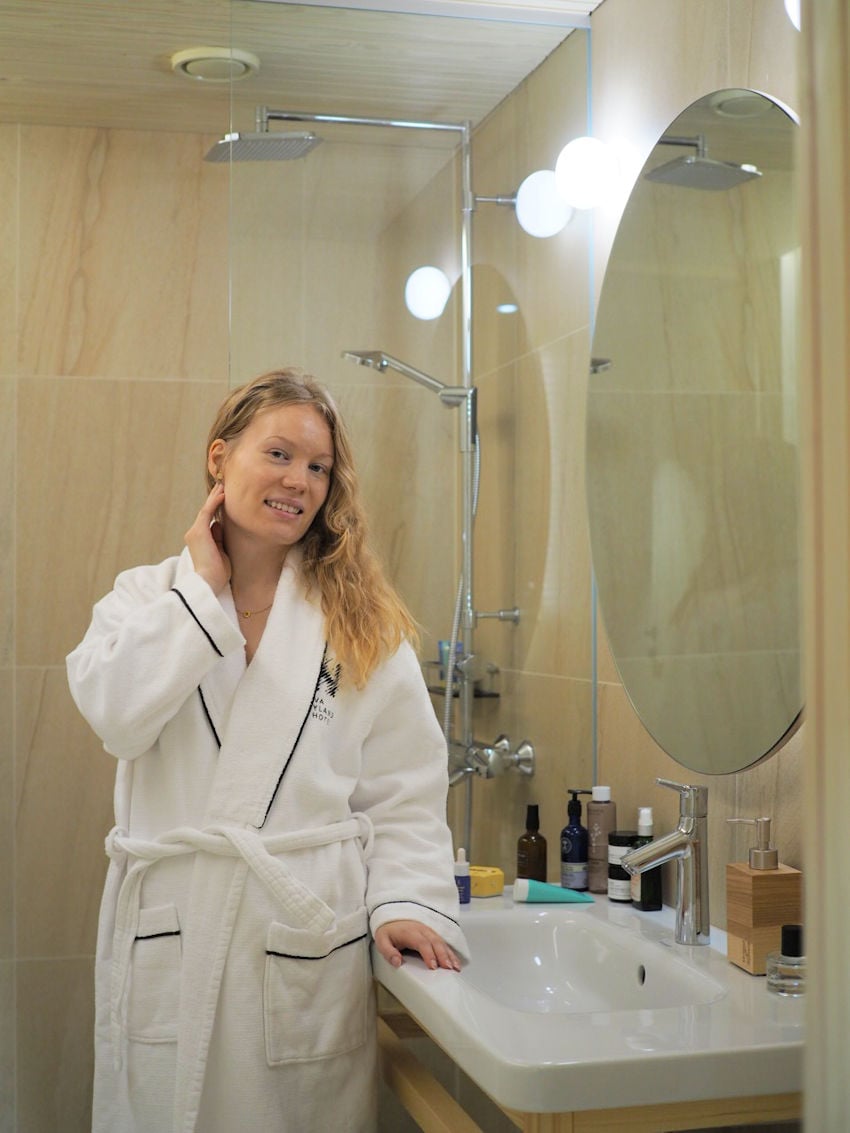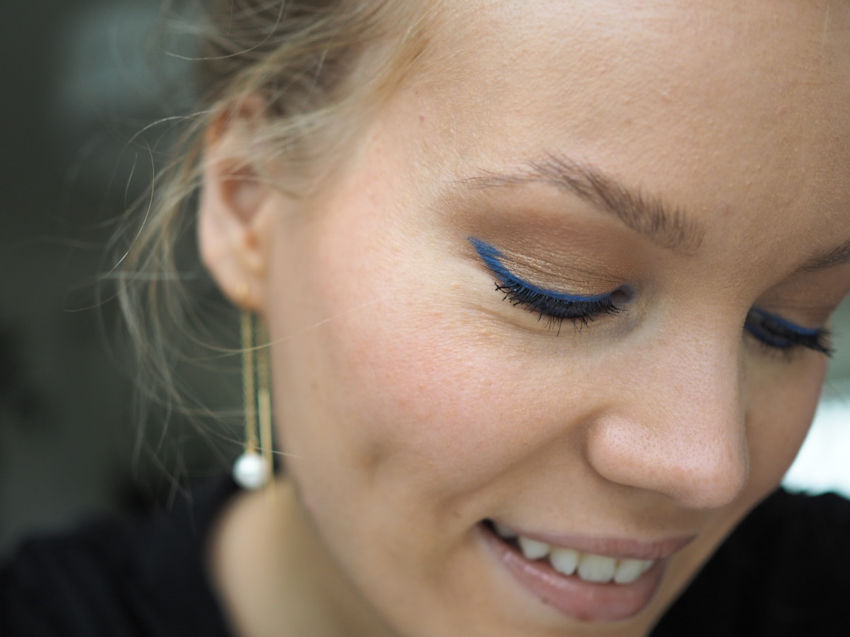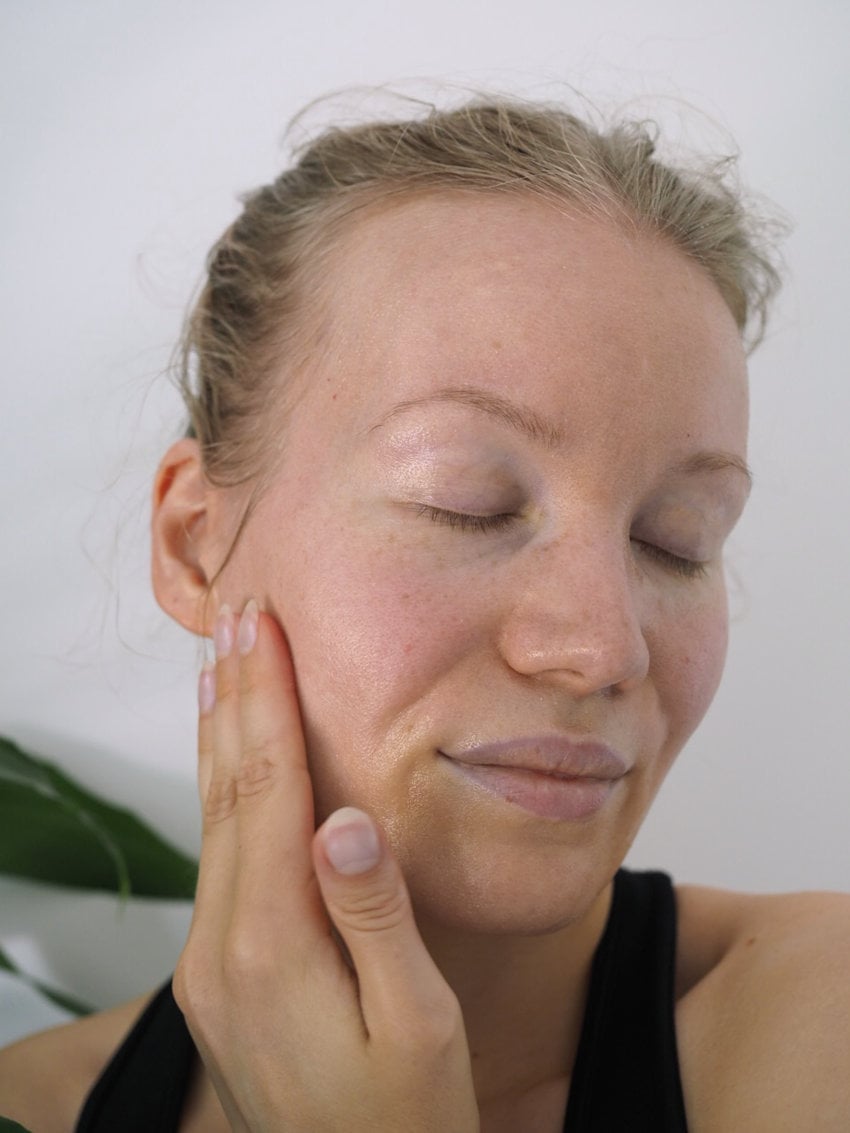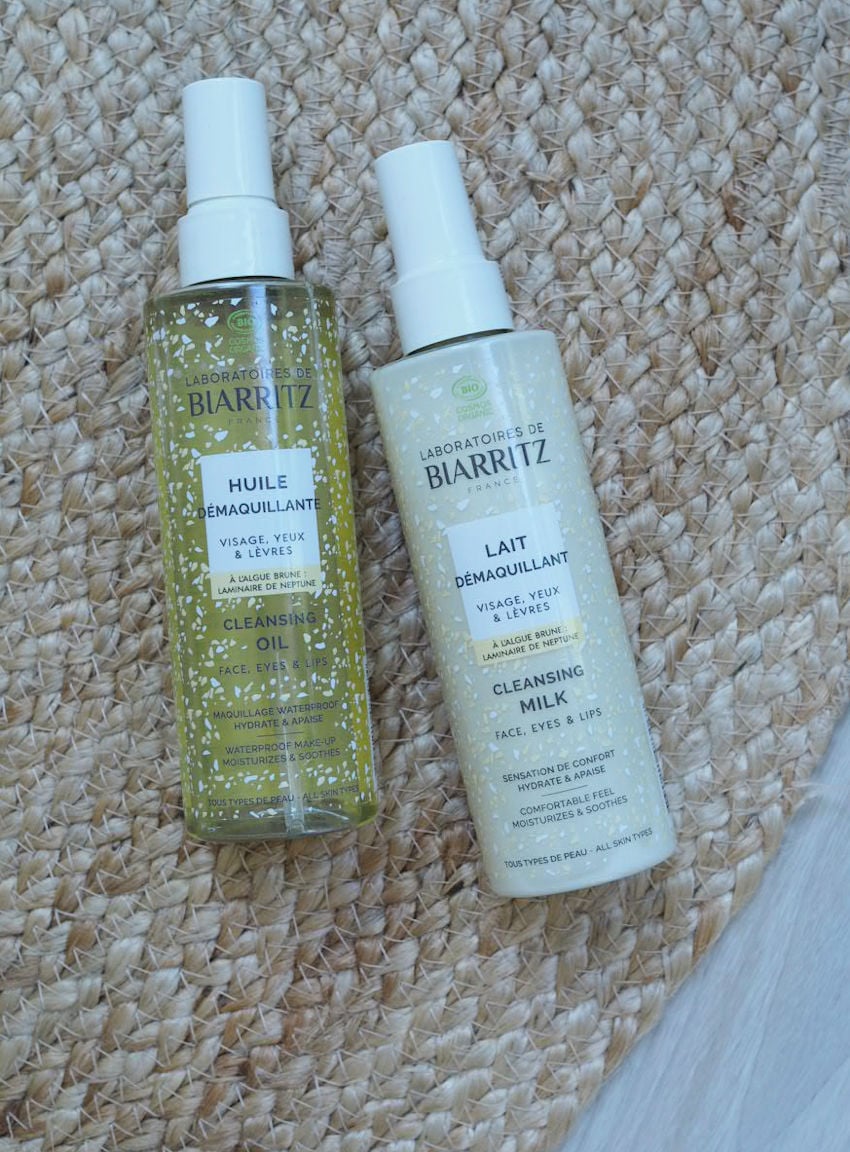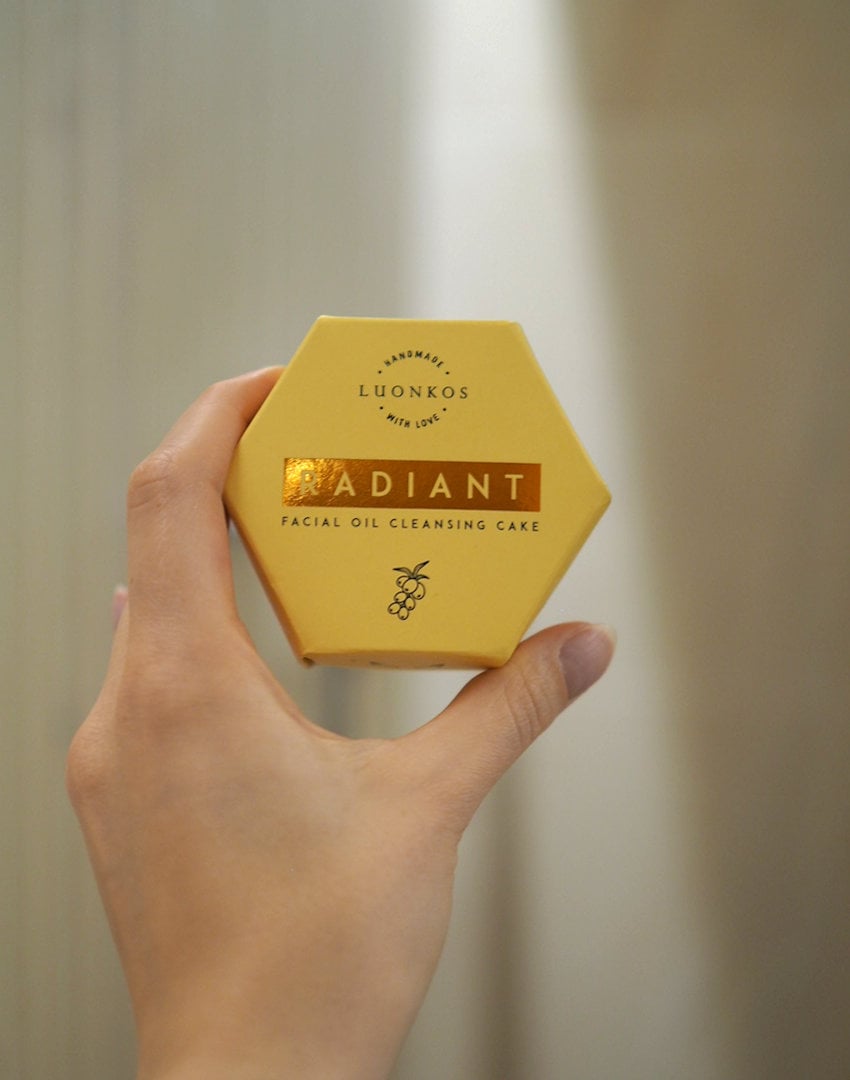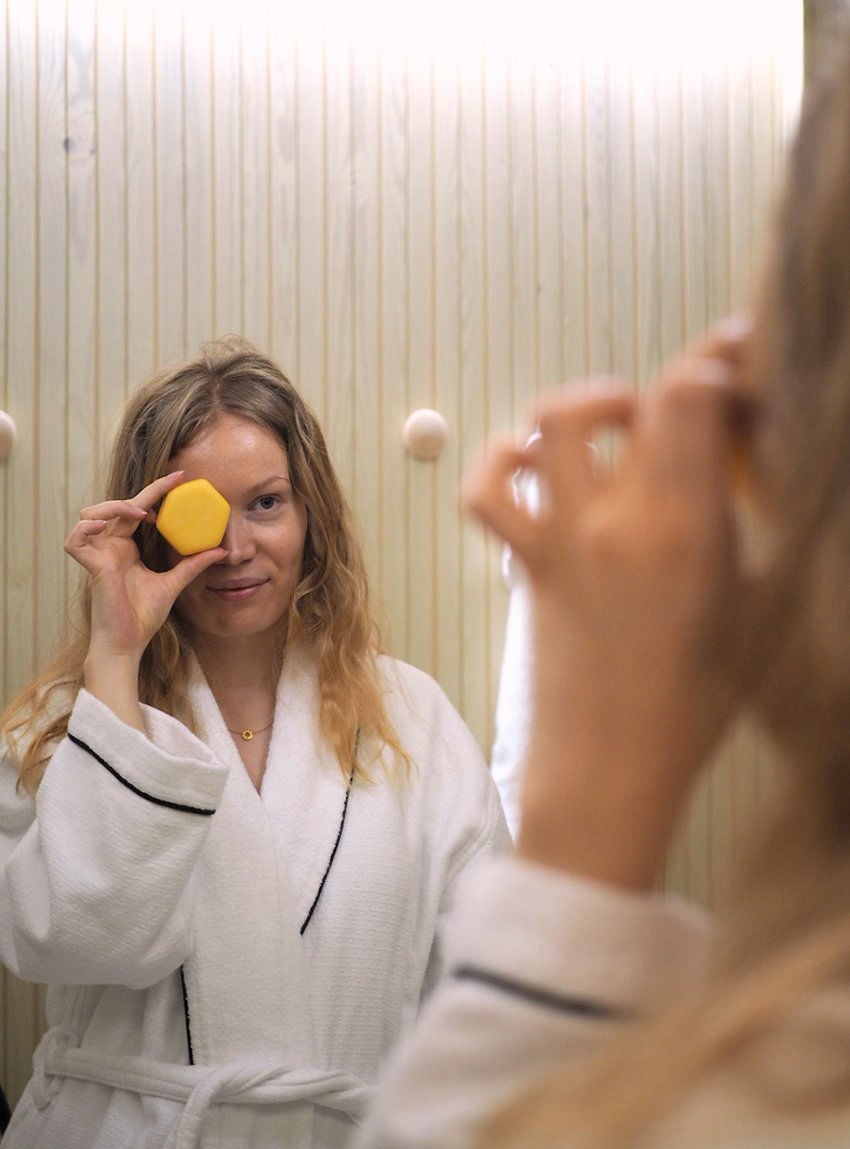*adlink
Vitamin C, also known as L-ascorbic acid, is an awesome ingredient for skincare. It’s one of those ingredients that actually has the data to back up the claims. Vitamin C is an amazing antioxidant, protecting the skin from damage done by UV-light or pollution. It also affects collagen synthesis, and as we know, collagen together with elastin are what keep our skin plump. If that is not enough, it has skin lightening effects, helping to fight melasma. It’s even been said to have anti-inflammatory properties.
I study chemistry of cosmetics and that includes taking a deep dive into ingredients and how they really work on the skin. Recently I did research on Vitamin C and it opened my eyes to the complexity of active ingredients. You see, a great ingredient is not enough. Your skin needs to also be able to use it! That’s kind of the deal with vitamin C here – and why most of the serums and creams use vitamin C derivatives.
L-ascorbic acid also known as Vitamin C in skincare
Vitamin C is a an essential nutrient and it occurs naturally in the skin. However, being exposed to UV-light, the amount of Vitamin C in the skin diminishes drastically. Using vitamin C in skincare can have many benefits.
Vitamin C’s benefits in a nutshell:
Powerful antioxidant
- protects skin from damage caused by UV light or pollution
- helps your skin in a way to protect from UV damage and reverses damage (but is not SPF)
Affects collagen synthesis
- actually the only ingredient proven to do this. Interestingly many collagen supplements are sold with this claim – but the claim is about Vitamin C, not collagen
- collagen together with elastin make your skin plump and youthful – as your skin forms less of these, wrinkles start to form
Anti-inflammatory & depigmenting properties
- there are some studies showing anti-inflammatory properties of Vitamin C in treating acne
- it also helps to fight hyperpigmentation and melasma. There are studies of Vitamin C derivatives also being able to lighten the skin
So all in all, it’s an ingredient that works with pretty much all skin types.
Vitamin C derivatives – what’s the deal with them & what works best?
Vitamin C is awesome, but pure L-ascorbic acid is a tough ingredient to work with. It’s unstable and because it’s hydrophilic (and works best in acidic solutions), it penetrates the skin poorly. That’s why most beauty products use vitamin C derivatives. These derivatives are stable and can come with different solutions to absorb to your skin better.
You’ll spot these derivatives from the ingredients by “ascorbyl” or “ascorbate” -something.
Obviously most of the high claims and benefits are for pure L-ascorbic acid. And in order for you to get the benefits – the ingredient needs to transform into L-ascorbic acid on your skin. Luckily there’s promising studies on some of these derivatives doing so! (Such as Magnesium Ascorbyl Phospate, Sodium Ascorbyl Phospate, Ascorbyl Palmitate and Ascorbyl Glucoside.)
How to choose the best Vitamin C product in skincare
If you want to use pure L-ascorbic acid, make sure it’s high enough concentration (10-20%). You should also pay attention to the packaging: is it made so that the ingredients (vitamin C most importantly) are preserved? Preferably not a pipette, but something that closes tightly. The product should also have a lower pH – 3,5 to be precise. (I’m not sure if that happens with most products and if it does, it can cause irritation.) Other ingredients can be added to the product to make it blend or absorb to the skin better. The Ordinary’s silicone based creams are an example of this.
As to the vitamin C derivatives, those should also be 10-20%. I accept a higher procent too, since it is a derivative. I like the fat-soluble ones. Those are more likely to be accepted by our skin, so I trust their penetration better.
Both the oil and water-soluble derivatives are stable, so packaging can be a pipette too (like in the photos).
The best product for you can only be found by trying!
Finally I want to note, that it’s different testing something at the lab, than using a lotion at home. It’s difficult to say for sure if a product is gonna work or not. As to the absorption of the vitamin C and its benefits – I guess it’s just about trying it out and hoping for the best. My logic is, that since I’m anyway taking good care of my skin, why not use vitamin C if there is even a small chance of improving my skin even further?
Product recommendations:
*The Ordinary Tetraisopalmitate Solution 20% (Lyko.fi)
Contains oil-soluble Vitamin C derivative.
Really lightweight serum, that also has squalane in it, which is an awesome ingredient in skincare. It’s similar to squalene, found in sebum, which is a part of the protective layer of the skin.
*The Ordinary Ascorbyl Glucoside Solution 12% Serum (Sephora)
*The Ordinary Ascorbyl Glucoside Solution 12% Serum (Lyko.fi)
Water-soluble Vitamin C derivative serum.
*The Ordinary Vitamin C in suspension 23% (Sephora)
*The Ordinary Vitamin C in Suspension 23-30% (Kicks.fi)
7th heaven Vitamin C Capsule Concentrates
A good example of air-tight packaging that protects the active ingredient from oxidizing! 22% of Vitamin C.
I’ll update this list as I try new ones. Feel free to share your experience on the comments! Also, if you have any questions, I’m here.
Related Posts
- 3 best oil cleansers – How to remove physical sunscreen & makeup
- Dermapen microneedling results – Before & after
- Microneedling 101 – Building more collagen for my skin with Dermapen
- The best red light mask – Currentbody Skin Led Light Therapy Mask
- Red light therapy for hormonal acne & other skin issues

